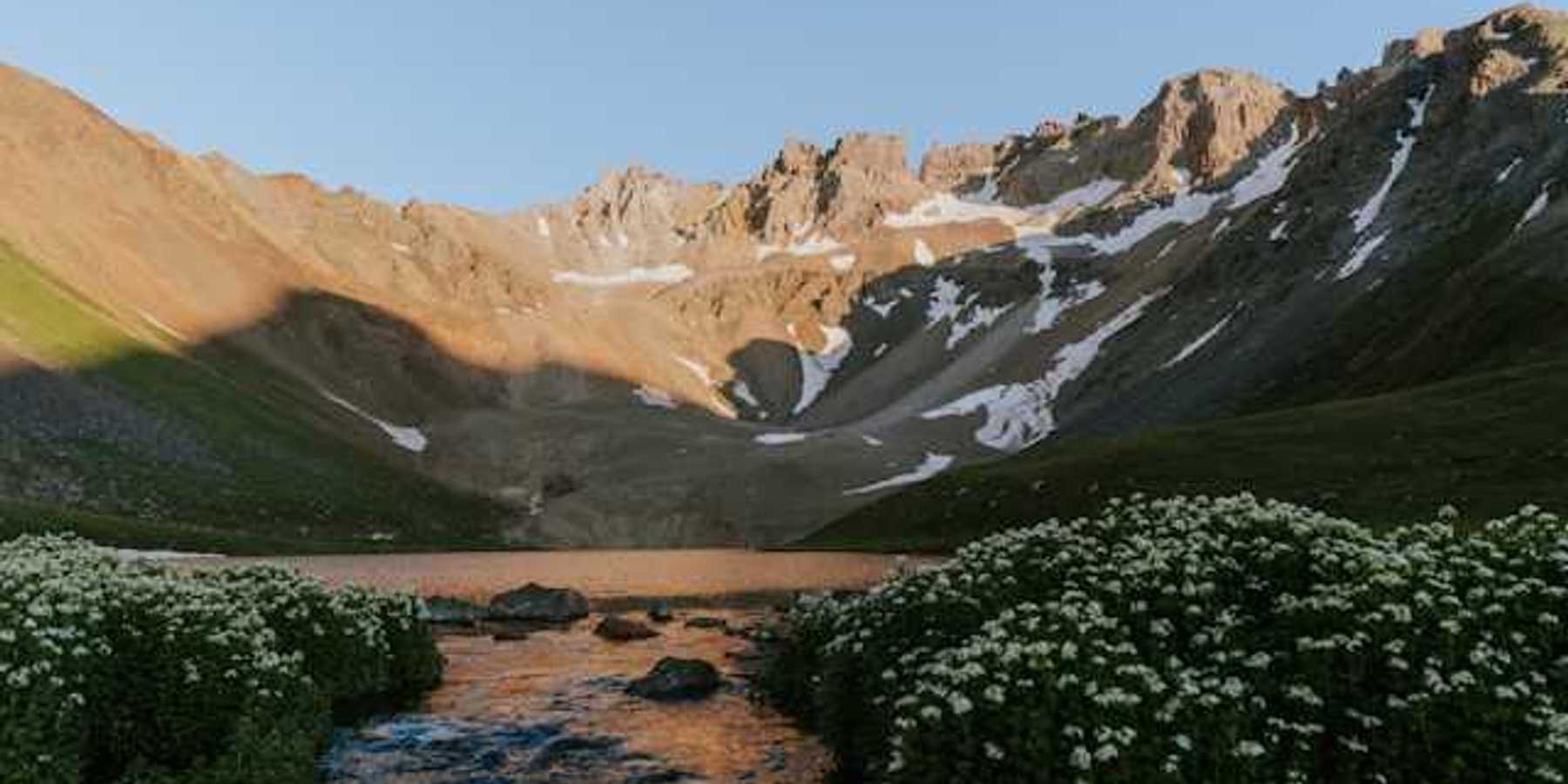Canada faces growing pressure to export fresh water amid global shortages
With half of the world’s food supply at risk due to a worsening water crisis, Canada is under mounting pressure to consider exporting its abundant fresh water to regions facing severe shortages.
Michael Harris reports for The Tyee.
In short:
- Global demand for fresh water is expected to exceed supply by 40% by the end of this decade, with climate change driving severe droughts and floods worldwide.
- Canada holds 20% of the world’s freshwater resources, yet much of it is inaccessible to populated areas, and there are still drinking water advisories in Indigenous communities.
- Political and legal debates persist over whether Canada should lift its ban on large-scale water exports, especially as water becomes increasingly commodified on global markets.
Key quote:
“The scientific evidence is that we have a water crisis. We are misusing water, polluting water, and changing the whole global hydrological cycle, through what we are doing to the climate. It is a triple crisis.”
— Johan Rockström, lead author of a report on the imminent water crisis
Why this matters:
Canada’s water resources, long taken for granted, are now viewed as a potential solution for regions facing water scarcity. But exporting water could pose risks to local ecosystems, Indigenous rights, and the country’s long-term water security as climate change intensifies. Balancing moral, environmental, and economic interests will be crucial as these debates evolve.
Learn more: Scarcity of fresh water intensifies globally due to climate change and poor management













